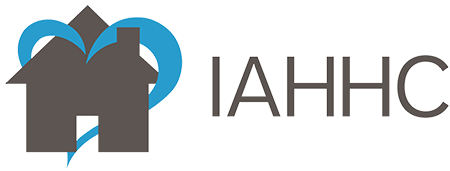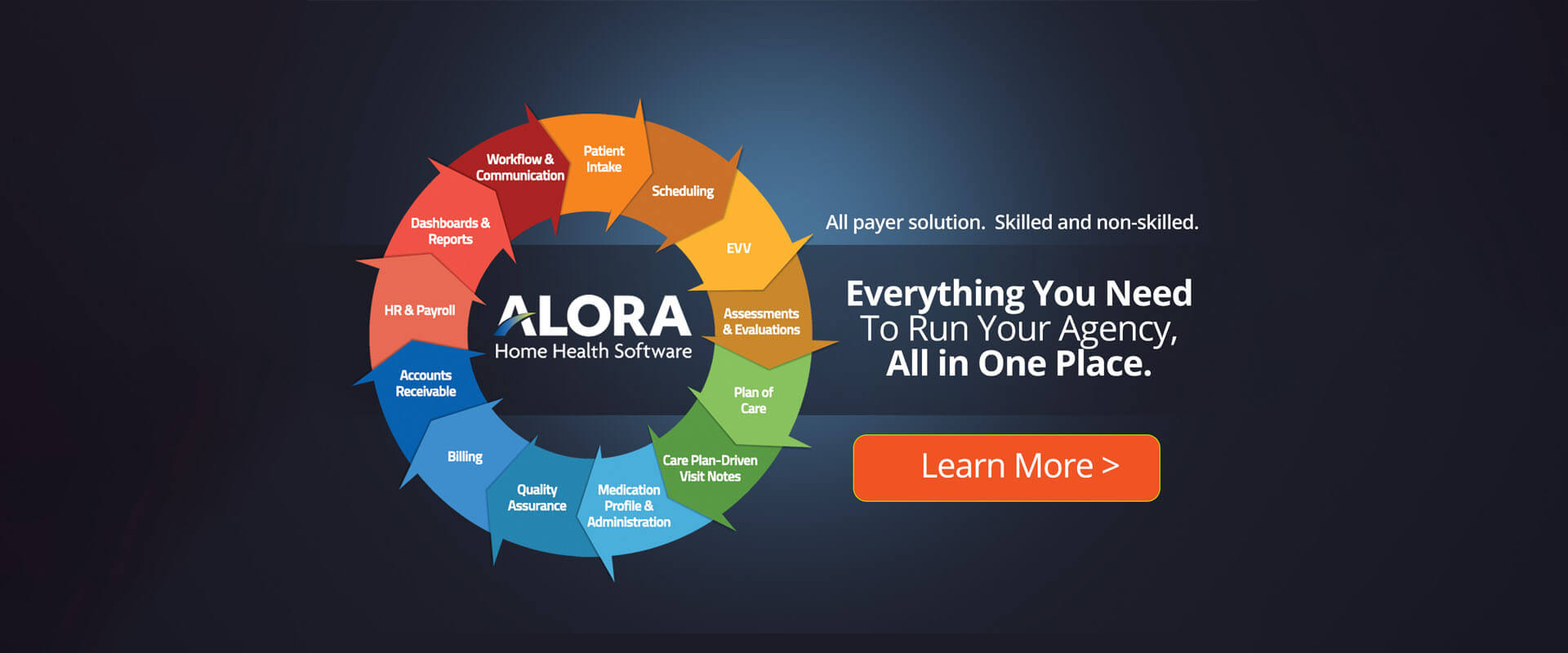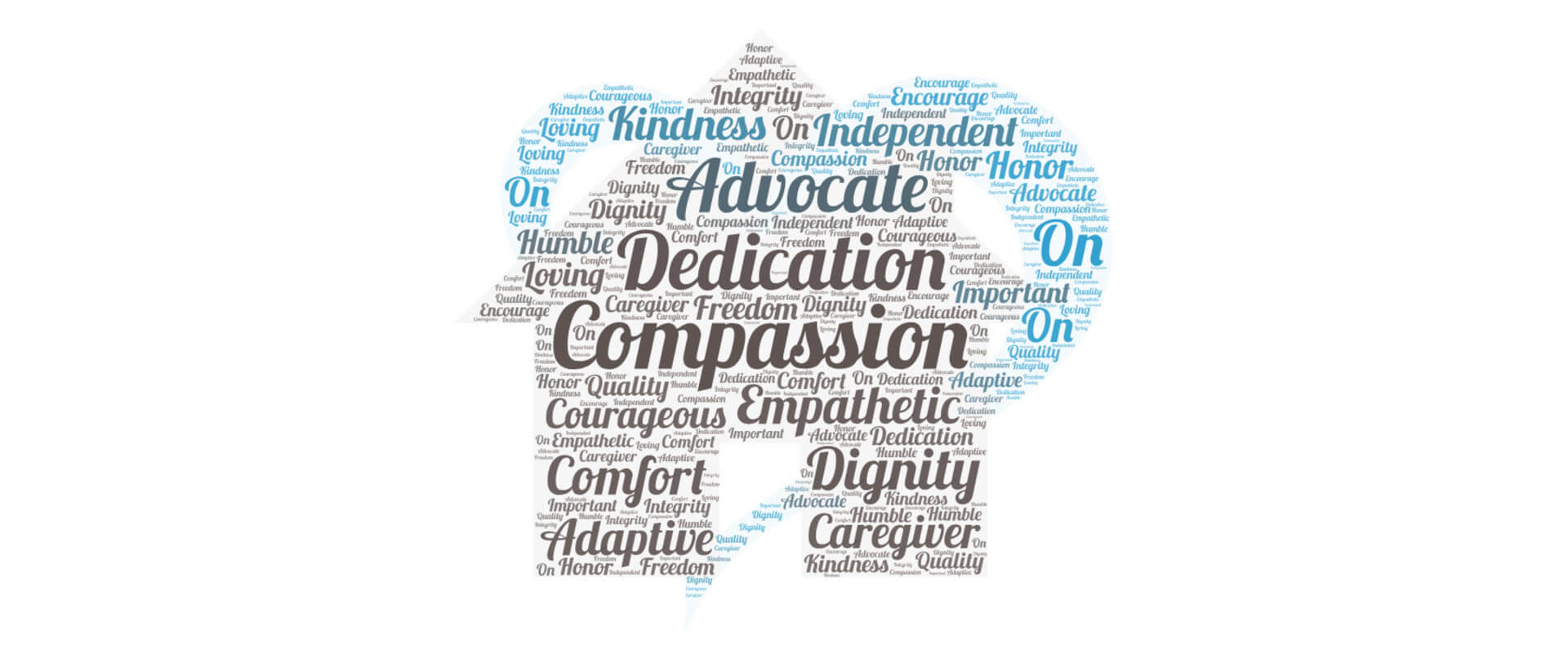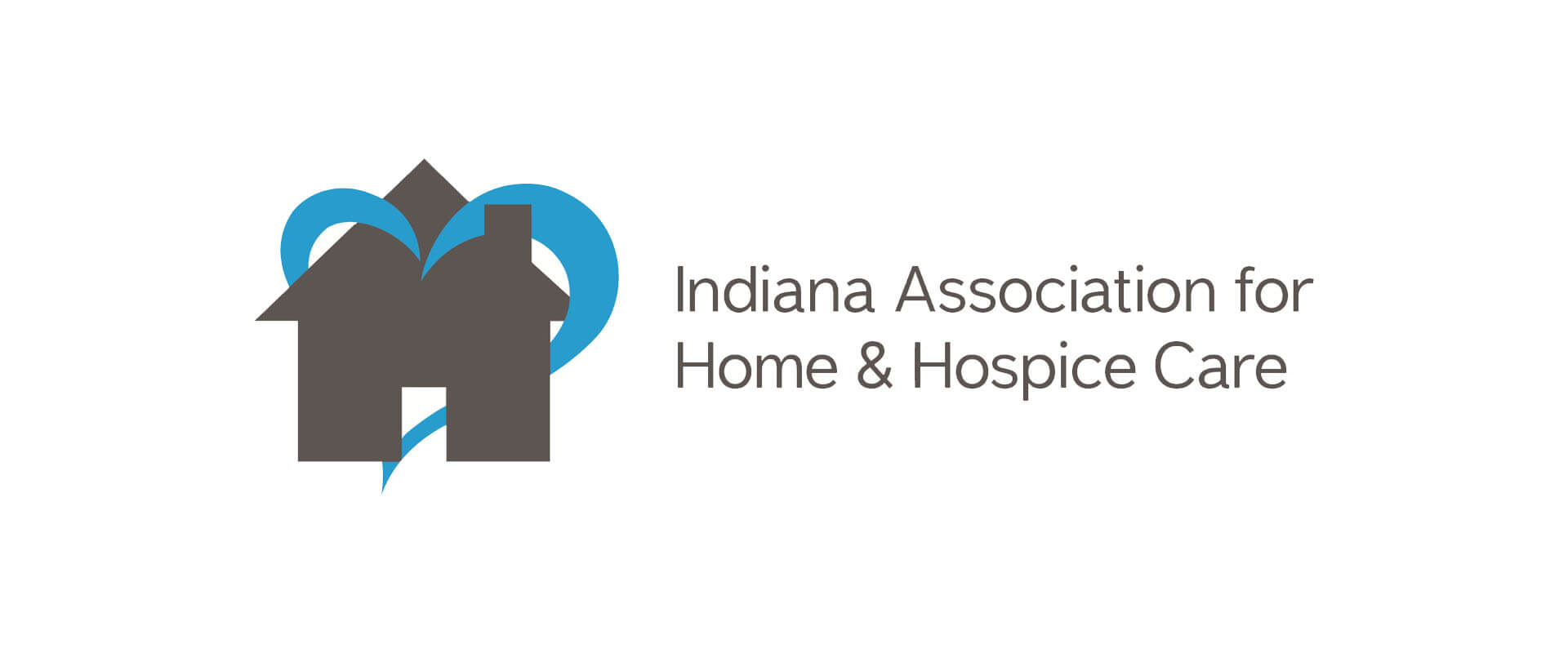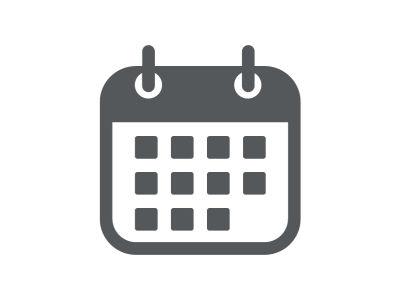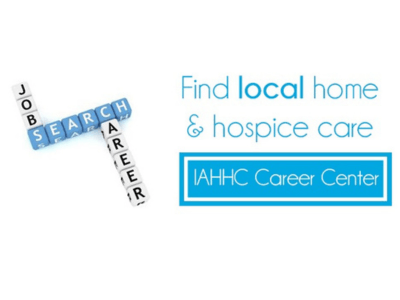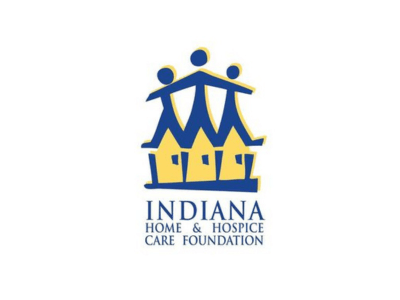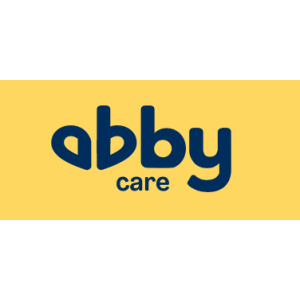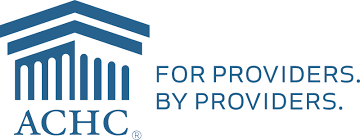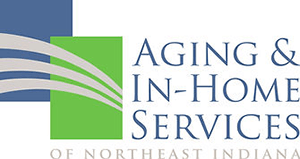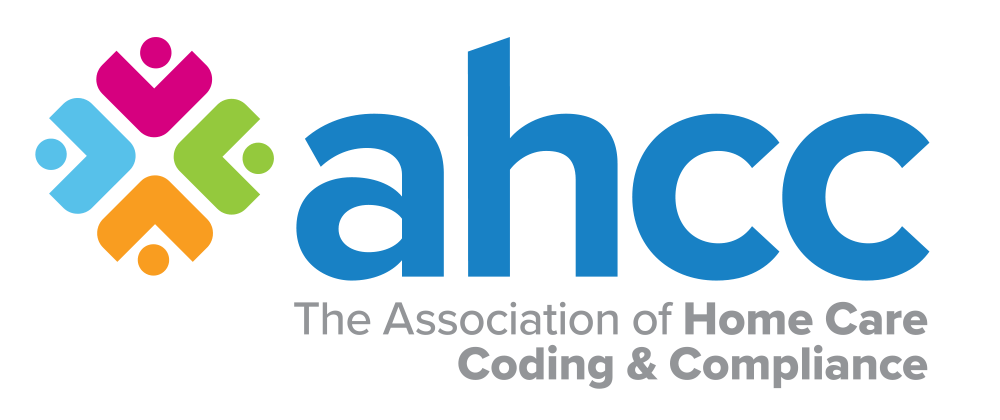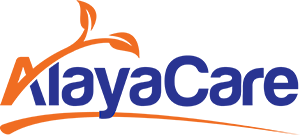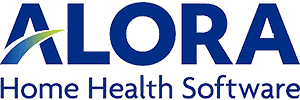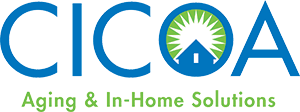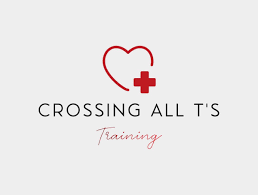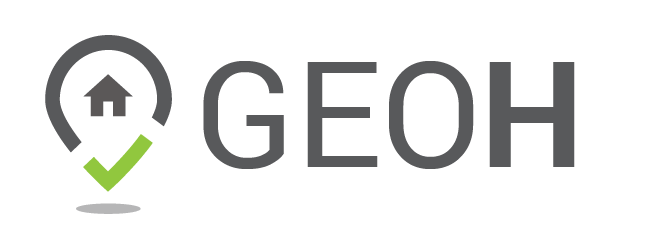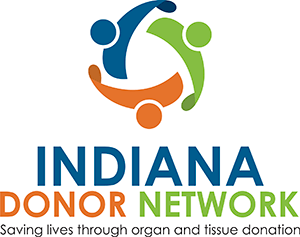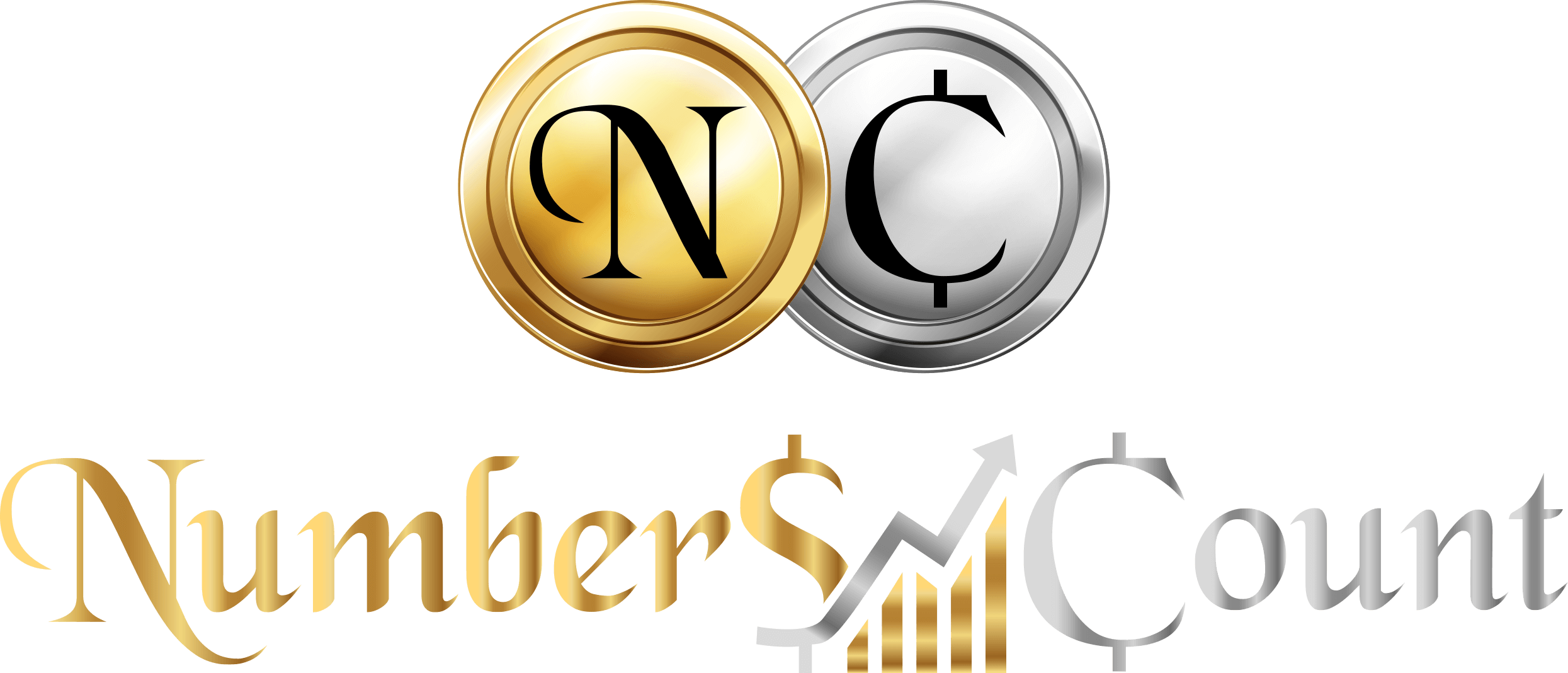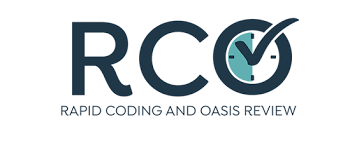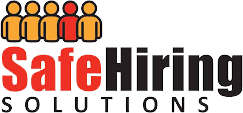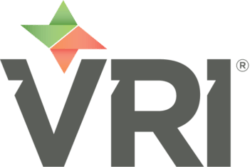Welcome to The
Indiana Association for Home & Hospice Care
Our Mission
IAHHC is the voice of Indiana's home care providers. Our mission is "to advance the cause of home care and hospice through leadership, collaboration, advocacy, and education." We represent all of home care: traditional home health nursing services, home-based and inpatient hospice care and non-medical services that allow Hoosiers to remain independent in their homes.
Join Our Association Today!
The Indiana Association for Home & Hospice Care (IAHHC) provides many valuable benefits to its members, including effective communications, unmatched networking, top-notch educational programming, and participation in exclusive programs to make your organization successful. To learn more about IAHHC, click here!
Locate a Provider
Visit our member directory to find home care, home health, or hospice services in your area.
IAHHC Resources
Events Calendar
IAHHC offers many in-person trainings, webinars, and an annual conference. Visit our events calendar to learn more and register!
IAHHC Career Center
Is your company looking for good,
local employees? Develop your workforce with us!
Indiana Home & Hospice Care Foundation
The Indiana Home & Hospice Care (IHHC) Foundation raises funds to support our mission. Learn more and see how you can support the Foundation!
Associate Members

Insight

Speedway
